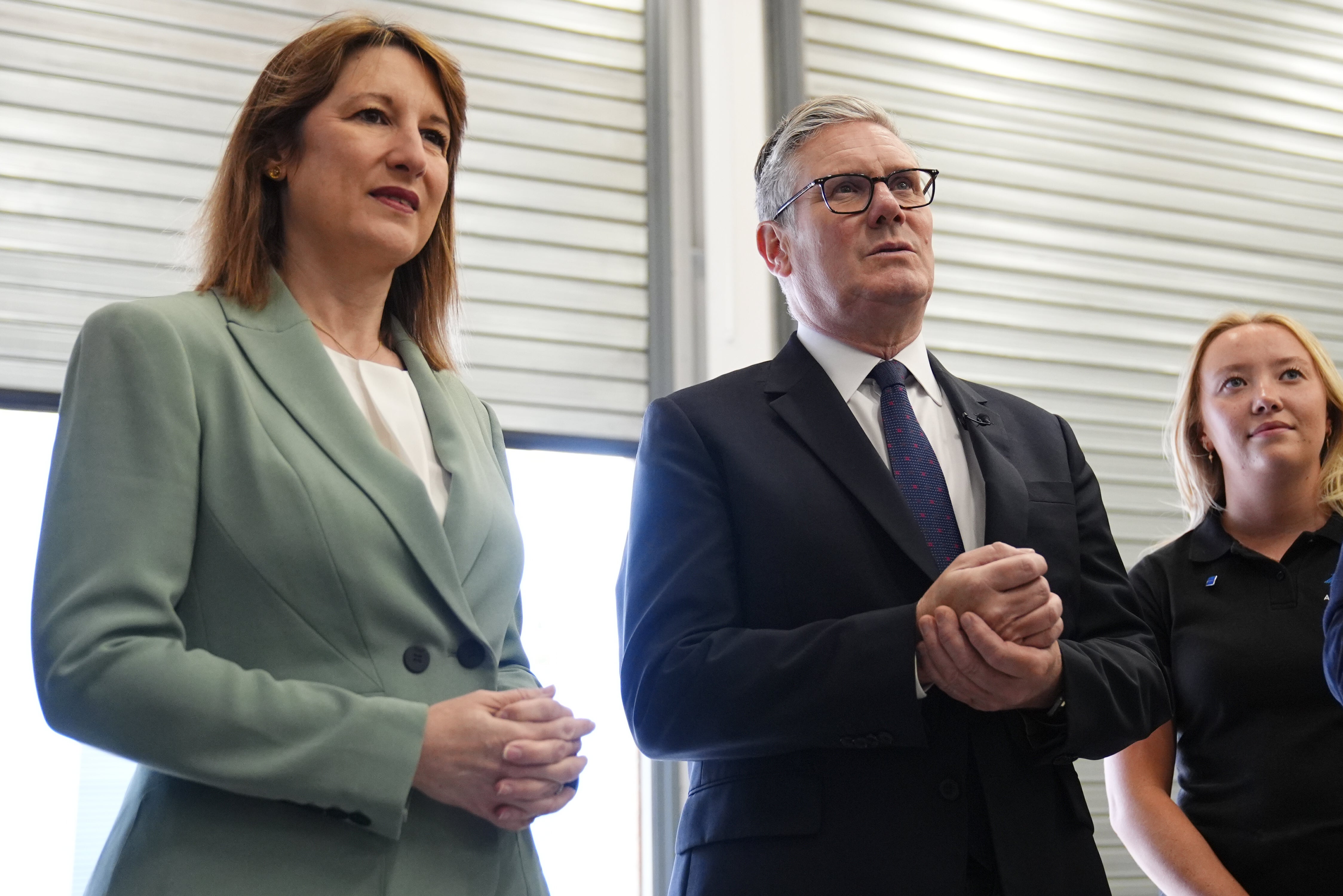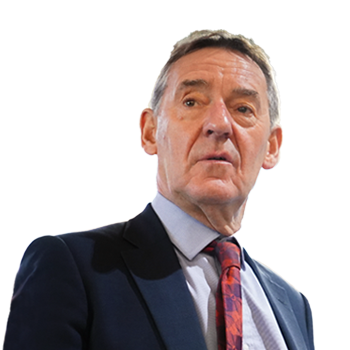Budget 2025: Rachel Reeves’ shock U-turn on income tax stuns ministers, MPs and markets

Downing Street was blamed on Friday for forcing Rachel Reeves to reverse Budget plans to raise income tax in what was described as “a panic move” to save Sir Keir Starmer’s premiership.
Labour MPs, ministers and the markets were left stunned by a Financial Times report that the chancellor has now abandoned the measure despite two weeks of clear hints in public speeches that she was poised to break the party’s manifesto pledge.
With markets spooked by the sudden U-turn, the cost of borrowing for the government spiked, with 10-year gilts up 12 basis points at 4.56 per cent.
Treasury sources insisted the decision had been taken because of better-than-expected economic data, but others blamed interference from Downing Street in a bid to protect the prime minister from a potential leadership challenge.
One minister told The Independent that No 10 is “gripped by a state of panic”.

The drama unfolded after the chancellor laid the groundwork for tax hikes, including several hints that she would need to break Labour’s election pledge not to raise income taxes.
But the reversal came after the prime minister was under siege following a briefing to journalists – reportedly by Downing Street officials – that health secretary Wes Streeting was planning a leadership bid.
The chancellor is now expected to increase a handful of smaller taxes in an attempt to balance the books, despite warnings from economists that such a move could make the system “more complicated and inefficient”.

Possible measures include a gambling tax, a bank levy tax, various wealth taxes, or a mansion tax on properties valued at £2m and over.
Jim O’Neill, the former Treasury minister and Goldman Sachs boss who was brought in by the chancellor to be her economic adviser in opposition, described the developments as “bothersome”.
He said: “I’m surprised. If it means their defaulting to accumulated fringe, possibly growth-damaging taxes again, it will be bothersome.”
Stephen Millard, deputy director of the National Institute of Economic and Social Research (NIESR), warned: “There are two dangers here. First, by resorting to smaller changes to lots of marginal taxes, the chancellor risks making the overall tax system ever more complicated and inefficient (in the sense of creating more distortions in the economy).
“Second, this would make it harder for the chancellor to build a large buffer against her fiscal rules. As we’ve seen over the past year, having a small buffer creates uncertainty and endless speculation about further tax rises, given it would only take a small downgrade in the UK’s growth prospects to wipe the buffer out.”
Tax expert Dan Neidle told The Independent that seeking to raise money from “grab bag” of lots of different tax measures instead would be “very damaging”.
Isaac Delestre, senior tax analyst at the Institute for Fiscal Studies (IFS), said: “We obviously don’t know how much she’s looking to raise, but the risks of doing something unnecessarily economically damaging increase if she is going to look to raise large amounts from smaller taxes.”
He suggested: “One other obvious option that could raise a lot of money is looking at income tax thresholds (the Labour manifesto pledge on IT, NICs and VAT only talks about rates of income tax). Although worth noting that in real terms, thresholds have already come down a lot since 2021 because they’ve been frozen in real terms.”

Bloomberg reported that Ms Reeves received an improved fiscal forecast from her Budget watchdog, putting the black hole in the public finances at £20bn – much lower than the £30 to £40bn previously estimated.
Ruth Curtice, chief executive of the Resolution Foundation think tank, said the extent of pre-Budget media briefings and speeches was unusual.
“It is normal for economic forecasts and policies to change in the run-up to the Budget. It is not normal for so much of that to be laid bare in public,” she said. “The market moves this morning and in recent weeks suggest a serious look should be taken at the approach to market-sensitive forecast information.”
One Labour MP told The Independent: “I don’t think they have a clue. They’re making even good news look bad.”
The decision on income tax was communicated to the Office for Budget Responsibility on Wednesday, when the chancellor submitted a list of “major measures” to be included in her 26 November Budget, according to the FT.
A Treasury spokesperson said on Friday: “We do not comment on speculation around changes to tax outside of fiscal events. The chancellor will deliver a Budget that takes the fair choices to build strong foundations to secure Britain’s future.”
